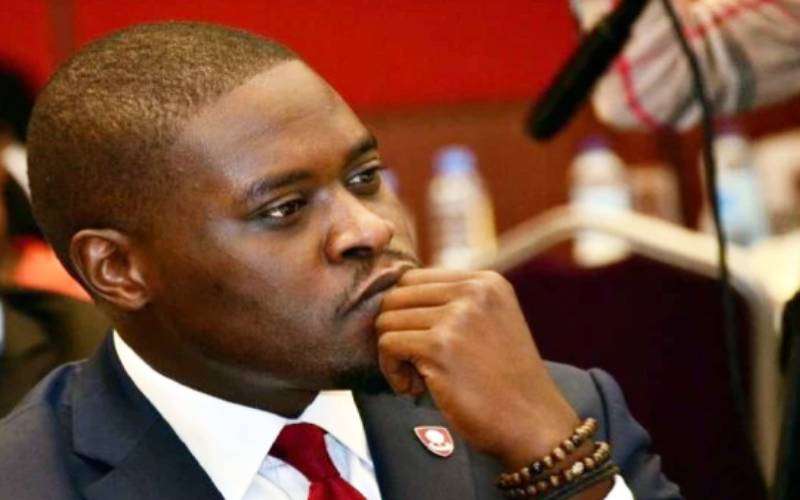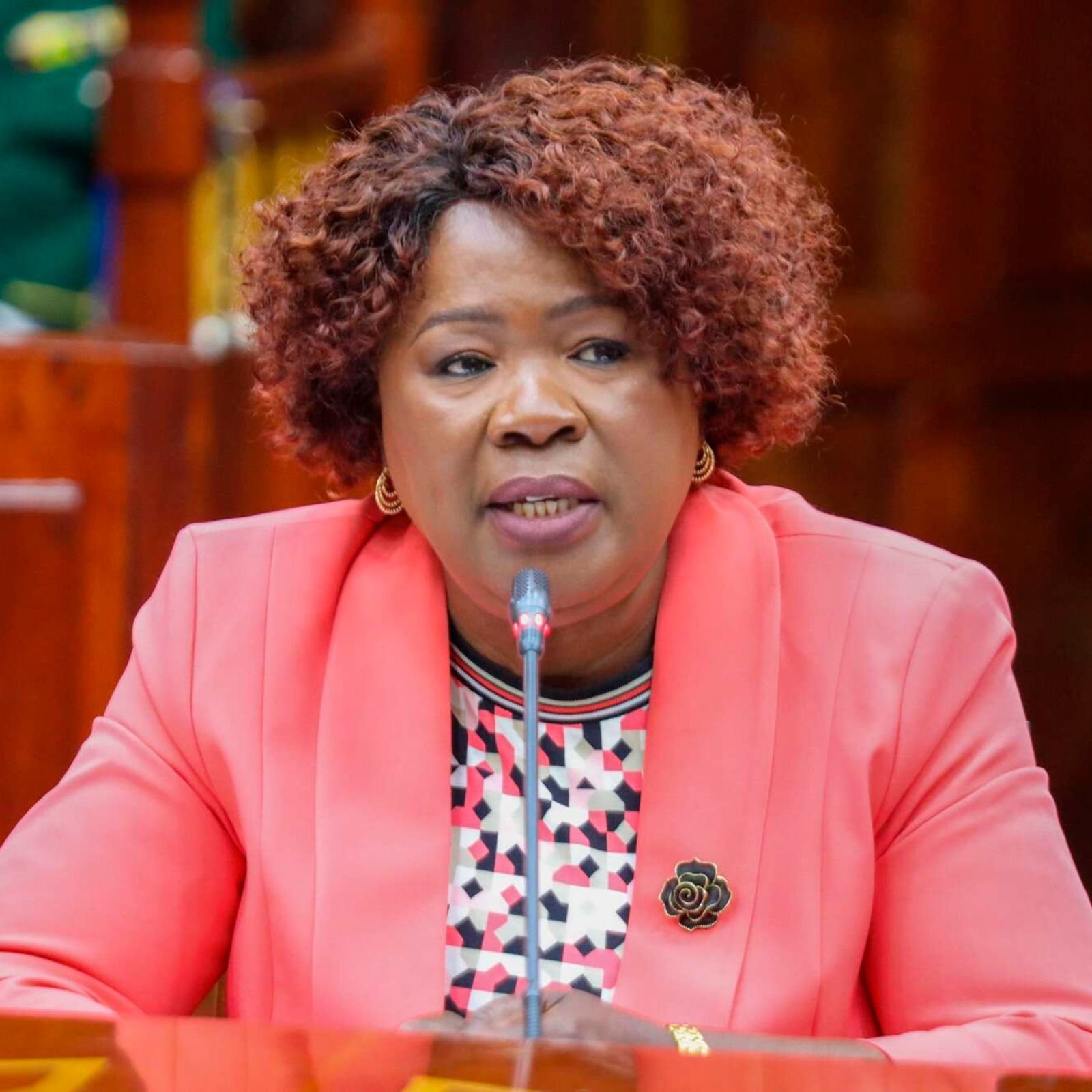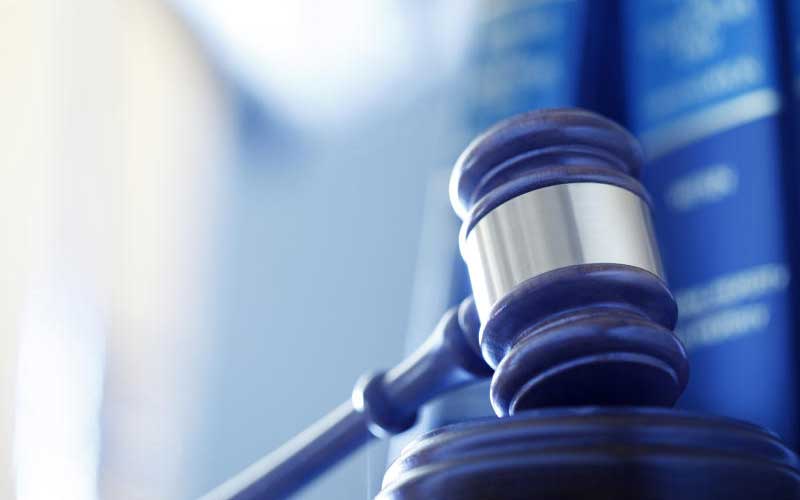“I order that the Central Park be reopened immediately,” Justice Omollo ruled, responding to a petition filed by the Green Belt Movement (GBM)
Kenyans received an early Christmas gift yesterday when the Environment and Land Court ordered the immediate reopening of Nairobi’s Central Park, which has remained closed for nearly three years. In a ruling that deals a significant blow to Nairobi Governor Johnson Sakaja’s administration, Justice Anne Omollo issued temporary orders directing the reopening of the iconic public space. The case will be heard on February 17, 2025.
“I order that the Central Park be reopened immediately,” Justice Omollo ruled, responding to a petition filed by the Green Belt Movement (GBM), an indigenous grassroots organization championing environmental conservation.
GBM argued that the prolonged closure of Central Park, alongside intermittent closures of Uhuru Park, infringed on the constitutional right to a clean and healthy environment, as guaranteed under Article 42. They further cited Article 69, which mandates the State to protect and manage natural resources for sustainable use and equitable access.
The organization criticized the Nairobi County administration for failing to provide any explanation or justification for the closures despite several inquiries. They also called for a framework to govern Nairobi’s green spaces, arguing that ad hoc decisions on access are unlawful and unconstitutional.
In their petition, GBM sought:
- Unrestricted access to public parks, including Uhuru Park and Central Park, unless sanctioned by the court through legislation and public participation.
- Legislation and guidelines for the operation, access, and management of public green spaces.
- A permanent injunction preventing future arbitrary closures of Central Park, Uhuru Park, City Park, or any other public green spaces without established legal frameworks.
The two parks have historically served as essential recreational spaces for Nairobi’s residents and visitors, offering a venue for picnics, gatherings, and other social activities. Many Nairobians had expressed concern over the prolonged closures, emphasizing the parks’ significance in promoting public health, improving air quality, and enhancing biodiversity within the city.
Governor Sakaja, who has been at the centre of the controversy, recently stated that his administration aims to enhance the parks by introducing amenities such as food stalls, bouncing castles, recreation facilities, and boat riding. He emphasized that the parks would remain public property and denied claims of privatization or leasing.
“Uhuru Park is not up for lease. It belongs to the people. On a good weekend, we host between 5,000 and 10,000 visitors. Our goal is to ensure they can relax, enjoy refreshments, and participate in park-like activities,” Sakaja said.
While welcoming the addition of new amenities, Kenyans remain firm that access to green spaces must not be subject to arbitrary decisions. With Justice Omollo’s ruling, Nairobians can look forward to reclaiming their beloved Central Park, a vital urban space that fosters community bonding, ecological balance, and improved well-being.
The Nairobi County government is expected to comply with the court order, as all eyes turn to the February 2025 hearing for a more definitive resolution.





